Plant-Based Power: How Vegan Protein Powder Benefits Athletes
By incorporating vegan protein powder into your diet, you can give your body the support it needs to achieve your fitness goals and improve your overall well-being. Protein powder is a popular dietary supplement that can take your workout to the next level. It provides your body with essential nutrients to increase your energy levels and help you push your limits during exercise. While there are many different types of protein powder available, few can match the benefits of vegan, natural protein powder. Plant-based protein offers several unique advantages that can improve your workout performance and overall health.
Vegan protein powder is a type of nutritional supplement that offers a concentrated source of protein derived entirely from plant-based sources. In recent years, an increasing number of athletes, such as bodybuilders, weightlifters, and endurance athletes, have turned to vegan protein powder as a viable dietary option due to its multitude of benefits. Compared to animal-based protein sources, vegan protein powders offer several advantages, such as being free of lactose and other animal-derived ingredients, making them ideal for individuals with dietary restrictions or allergies.
Benefits Of Vegan Protein Powder
Vegan protein powder is a popular choice for vegans and vegetarians, as well as individuals who are looking to increase their intake of plant-based protein. Here is a detailed look at the benefits of vegan protein powder.
- Complete protein source: Many vegan protein sources, such as pea protein and brown rice protein, are considered complete proteins, meaning they contain all nine essential amino acids. These amino acids are necessary for building and repairing tissues, as well as maintaining proper immune function. Vegan protein powders made from complete protein sources can help support muscle building and repair, and may be particularly beneficial for vegans and vegetarians who may not be getting enough protein from their diet.
- Low in fat and calories: Vegan protein powders are generally low in fat and calories, making them a good choice for individuals who are trying to manage their weight. Plant-based protein sources, such as pea protein and brown rice protein, are generally lower in fat and calories compared to animal-based protein sources, such as whey and casein.
- Hypoallergenic: Vegan protein powders are hypoallergenic, meaning they are less likely to cause allergic reactions compared to animal-based protein sources. This makes them a good choice for individuals who are sensitive to dairy, eggs, or other common allergens.
- Good for the environment: Vegan protein powders are a more sustainable and environmentally-friendly protein source compared to animal-based protein powders. The production of plant-based protein requires fewer resources and generates fewer greenhouse gas emissions compared to animal agriculture.
- May have additional health benefits: Some plant-based protein sources, such as hemp protein and chia seeds, are high in fiber and healthy fats, which may provide additional health benefits. Hemp protein is a good source of omega-3 fatty acids, which are important for heart health, and chia seeds are high in antioxidants and may help improve digestion.
Types of Protein in Stratos Vegan Powder
There are several types of vegan protein powder available on the market. Stratos Performance Nutrition has selected the best ingredients for their Vegan Protein including three essential sources of protein. Our vegan protein powder has a 22g protein content per 30g serving, making it an excellent source of plant-based protein. Here is a detailed look at these three protein sources:
Pea Protein
Pea protein powder is a type of vegan protein supplement that is made by extracting protein from yellow split peas. Yellow split peas are a type of legume that is naturally high in protein, making them a popular ingredient for plant-based protein supplements.
The process of making pea protein powder involves several steps. First, the yellow split peas are soaked and ground into a fine paste. This paste is then mixed with water and filtered to remove any impurities or fiber. The resulting liquid is then spray-dried to create a fine powder that is high in protein and low in fat and carbohydrates.
One of the benefits of pea protein powder is that it is a complete protein, meaning that it contains all nine essential amino acids that the body needs to function properly. Pea protein powder is also easily digestible and is a good source of iron, making it a popular choice for athletes and people who follow a vegan or vegetarian diet.
Another benefit of pea protein powder is that it is hypoallergenic and is free from many of the common allergens found in other protein supplements, such as dairy, soy, and gluten. This makes it a good option for people with food allergies or intolerances.
Brown Rice Protein
Brown rice protein powder is a plant-based protein supplement made from brown rice. The process of making brown rice protein powder involves the isolation of the protein component from the whole rice grain.
The first step involves sprouting the brown rice, which is done by soaking the rice grains in water until they germinate. This process activates enzymes within the rice, which breaks down the carbohydrates and makes the nutrients more bioavailable.
After sprouting, the brown rice is dried and ground into a fine powder. The protein is then extracted from the powder using various methods, such as enzymatic hydrolysis or mechanical separation. These methods separate the protein from the carbohydrates and fats, leaving a pure protein concentrate.
The resulting protein concentrate is then further processed to remove any remaining impurities and improve the taste and texture of the powder. This may involve additional filtration, drying, and mixing with other ingredients to create a desired flavor and consistency.
Brown rice protein powder is a high-quality, complete protein source, meaning it contains all the essential amino acids that our bodies cannot produce on their own. It is also hypoallergenic and easily digestible, making it an ideal choice for athletes and anyone looking to supplement their diet with additional protein.
Hemp Protein
Hemp protein powder is a plant-based protein powder made from hemp seeds. Hemp seeds are a byproduct of the hemp plant, which is a type of cannabis plant. However, hemp contains low levels of THC, the psychoactive compound in cannabis, and is legal to grow and consume in most countries.
To make hemp protein powder, the seeds are first shelled to remove the outer layer. The seeds are then cold-pressed to extract the oil, leaving behind a protein-rich residue. The residue is then finely ground into a powder, which is the hemp protein powder.
Hemp protein powder is a high-quality source of plant-based protein, containing all 20 amino acids including the nine essential amino acids that the body cannot produce on its own. It is also rich in fiber, omega-3 and omega-6 fatty acids, and other beneficial nutrients like iron, magnesium, and zinc.
One of the benefits of hemp protein powder is its digestibility. Unlike other plant-based protein sources like soy or legumes, hemp protein powder is easily digestible and does not cause digestive discomfort or bloating. It is also hypoallergenic, making it a good option for people with food sensitivities or allergies.
Additionally, hemp protein powder has been shown to have anti-inflammatory properties, which can help reduce inflammation in the body and support muscle recovery after exercise. It has also been shown to lower cholesterol levels and improve heart health.

How Does Protein Repair Muscle
Proteins are made up of amino acids, which are the building blocks of muscle tissue. During exercise, small tears occur in the muscle fibers, leading to muscle damage. This muscle damage stimulates the body's natural repair response, where muscle protein synthesis (MPS) is activated to repair the damage.
MPS is the process by which new muscle protein is created to replace damaged tissue. It involves the activation of signaling pathways in muscle cells, which trigger the production of new proteins from amino acids. The amino acids needed for MPS can come from either dietary protein or from the breakdown of existing muscle tissue.
Research has shown that protein intake is essential for promoting muscle repair and recovery after exercise. Ingesting protein stimulates MPS, providing the necessary amino acids for muscle tissue repair and growth. This process is further supported by other nutrients, such as carbohydrates and fats, which provide energy and support for protein synthesis. Protein consumption is crucial for the repair and recovery of muscles after exercise, providing the necessary building blocks for MPS to occur.
Conclusion
Stratos Vegan protein powder is an excellent option for athletes and fitness enthusiasts who follow a plant-based diet or simply want to incorporate more plant-based protein into their diets. With its high protein content, complete amino acid profile, and additional nutrients such as fiber and healthy fats, vegan protein powder can support muscle growth, recovery, and overall health. By choosing Stratos Vegan Protein a high-quality vegan protein powder that combines plant-based protein sources, such as brown rice, hemp, and pea protein, individuals can ensure they are getting all the essential amino acids needed for optimal muscle building and recovery. As more people become aware of the benefits of plant-based protein, vegan protein powder is sure to become a more popular and widely used supplement among athletes and fitness enthusiasts.
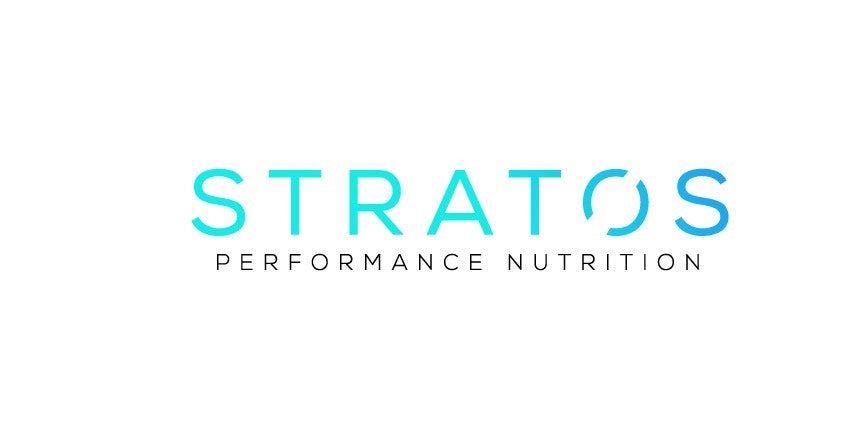
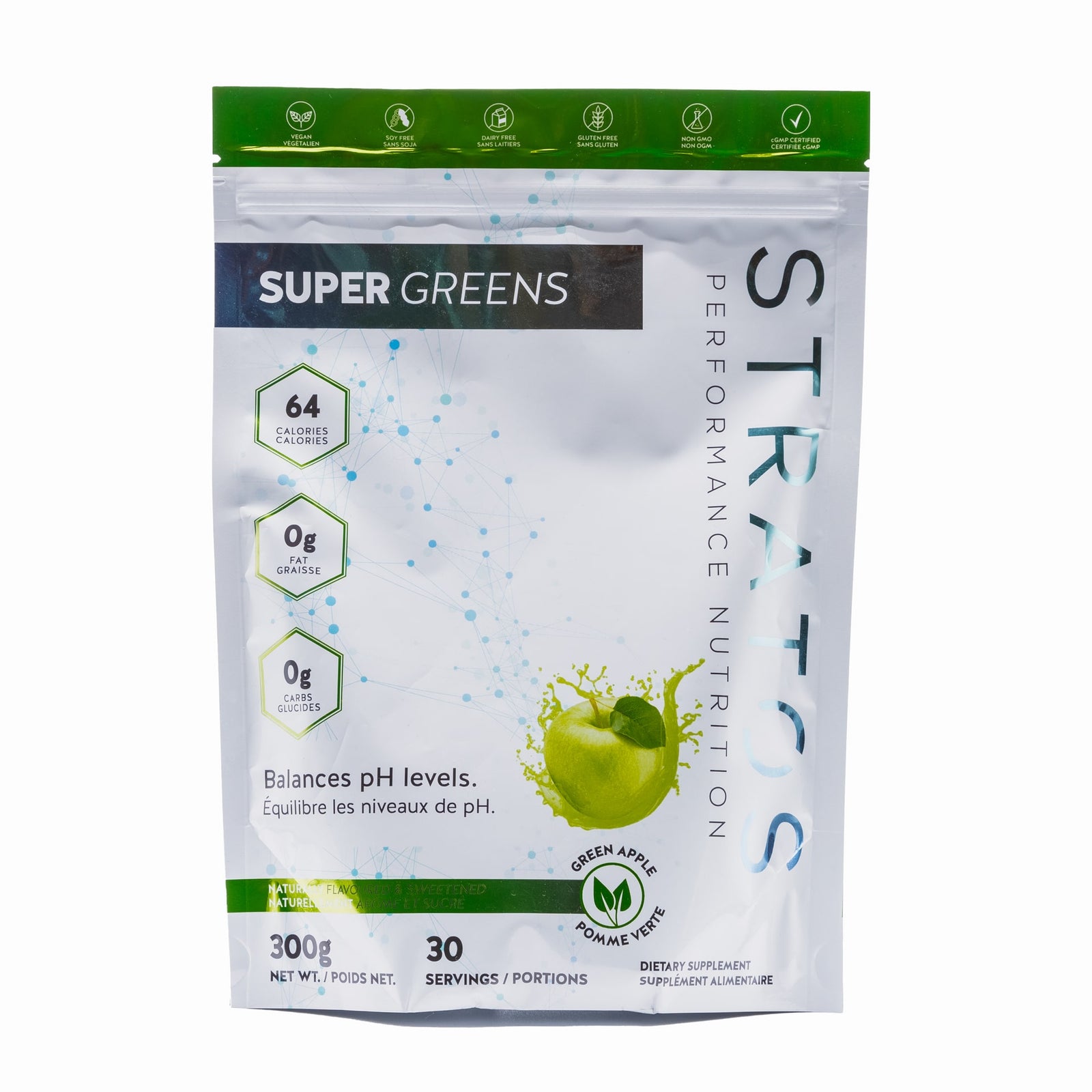
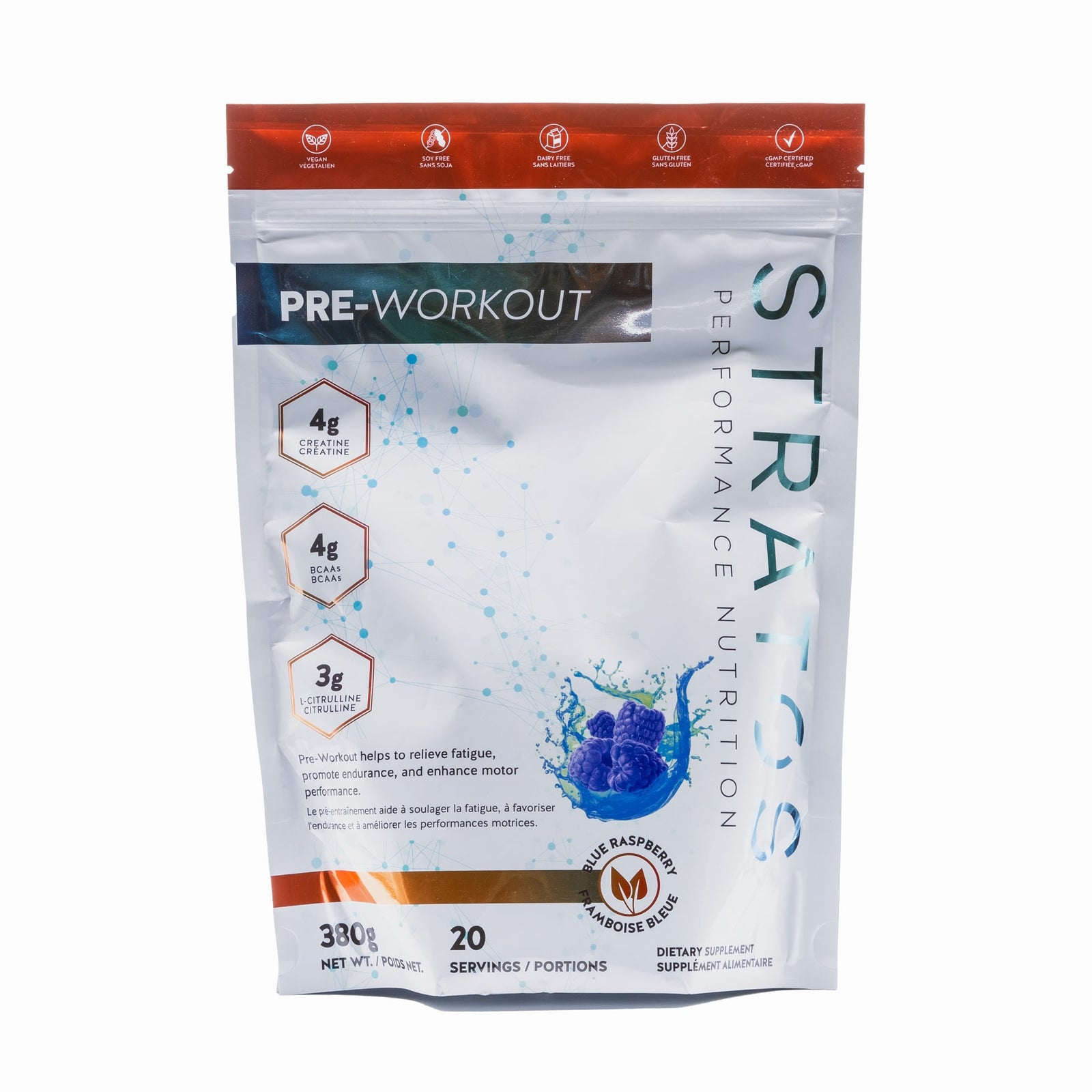
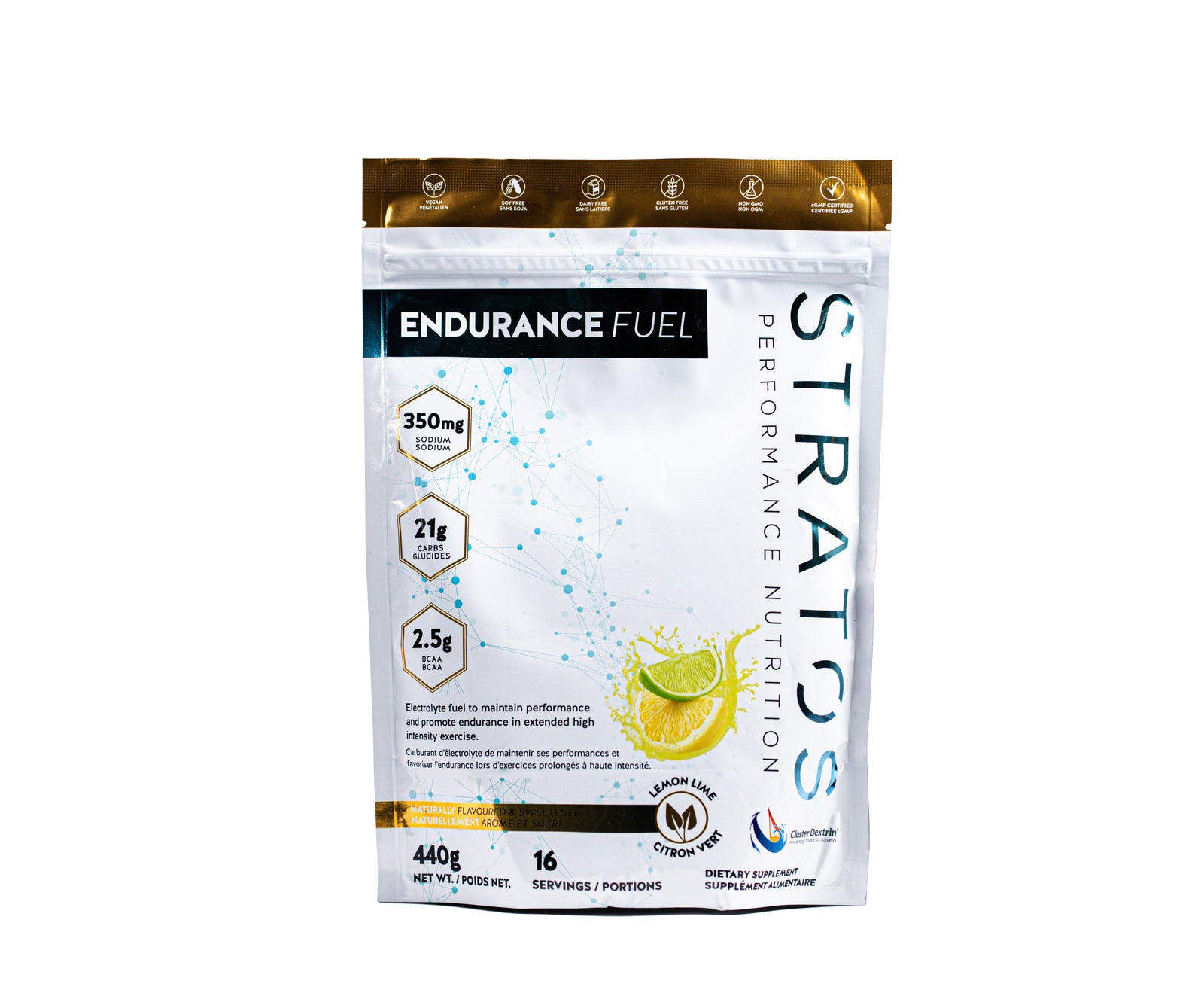
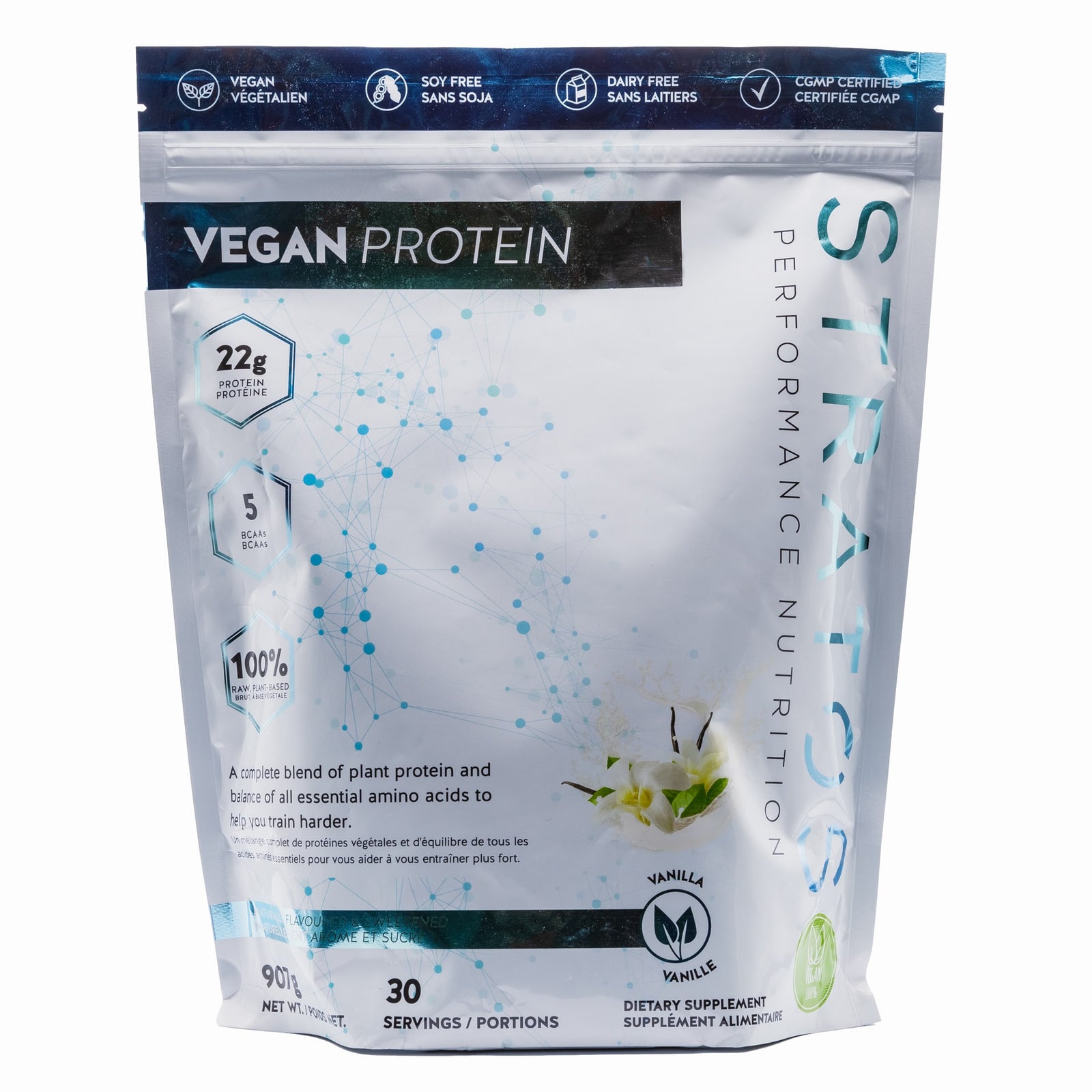
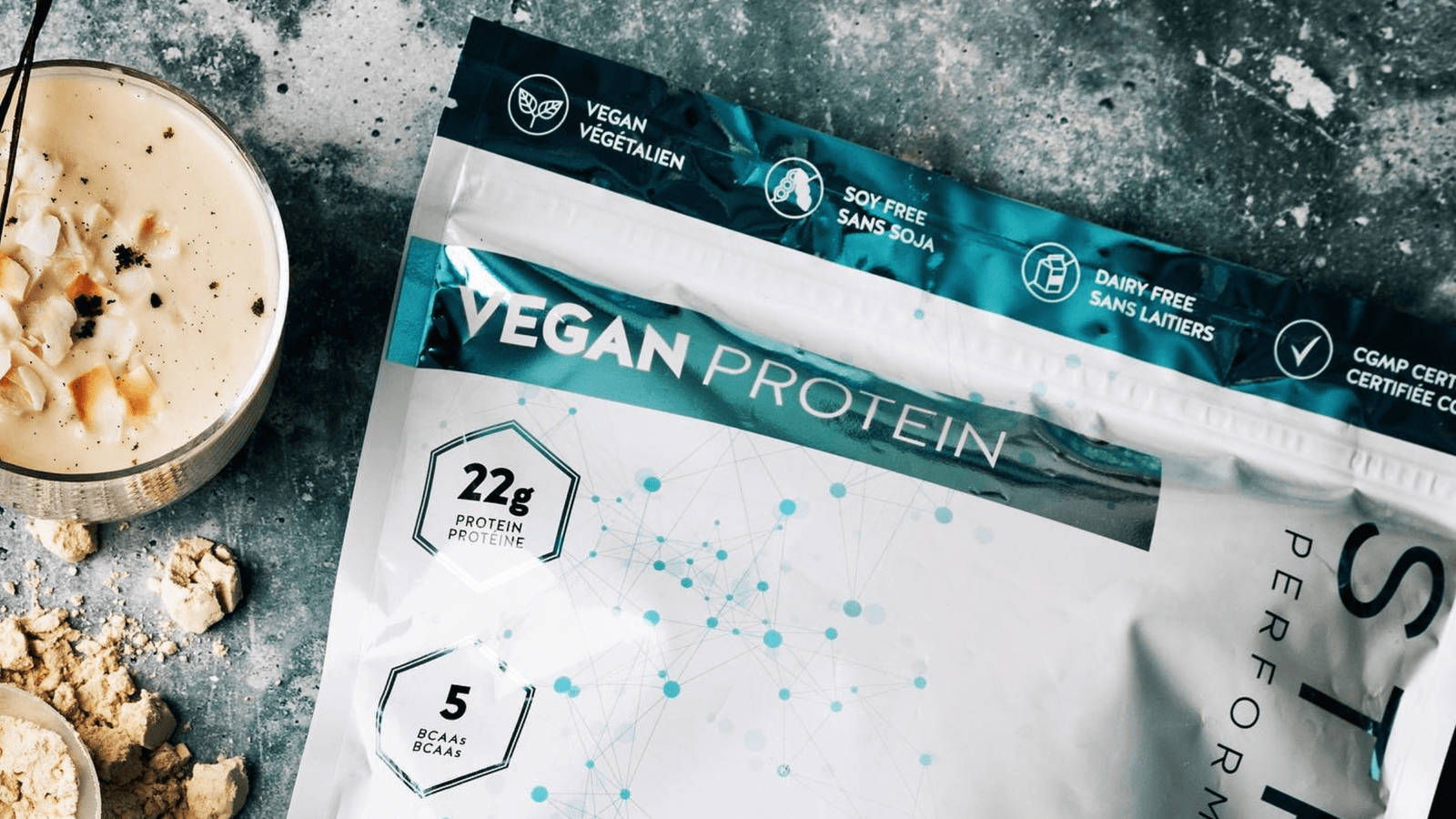

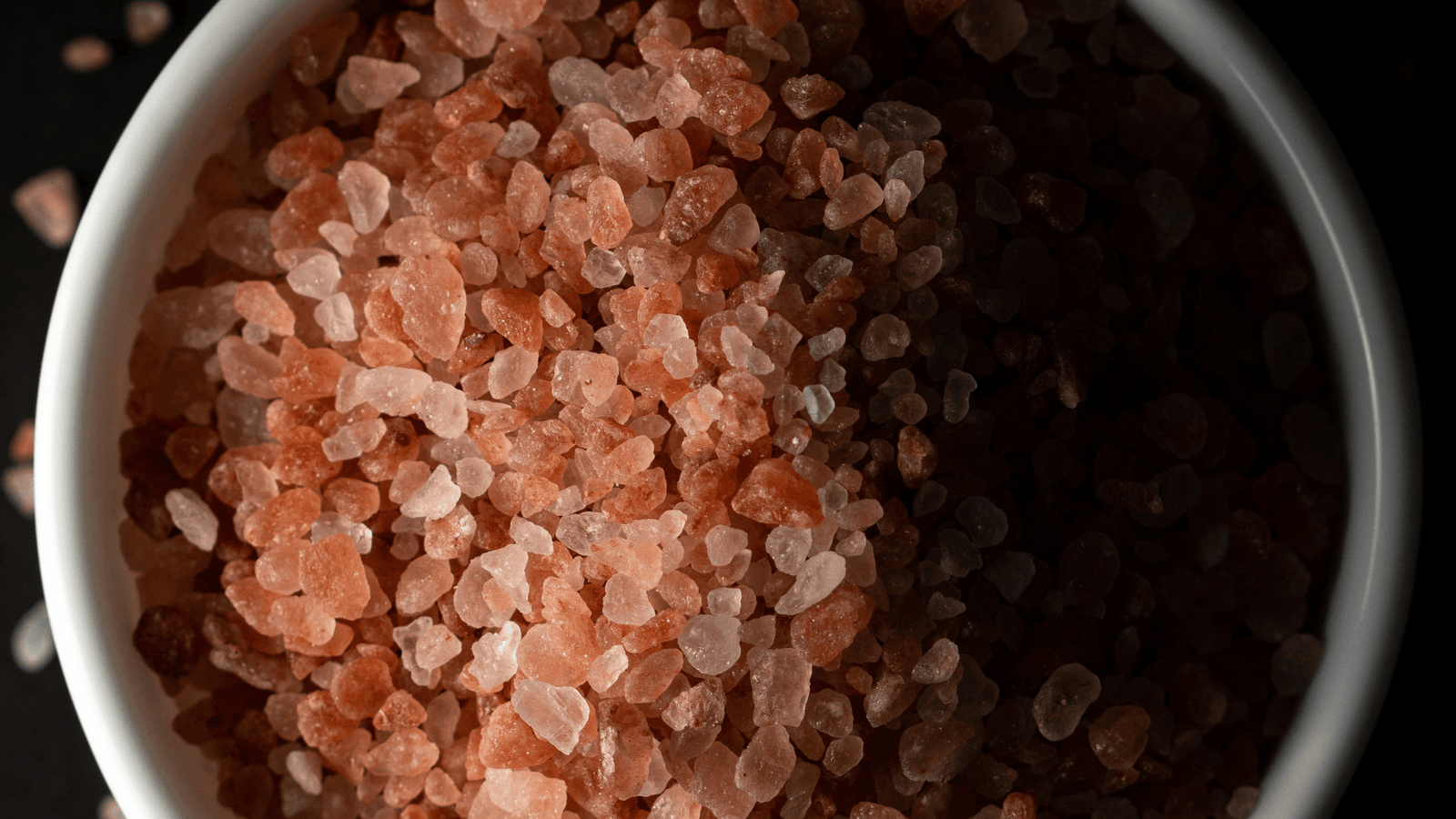

Leave a comment (all fields required)